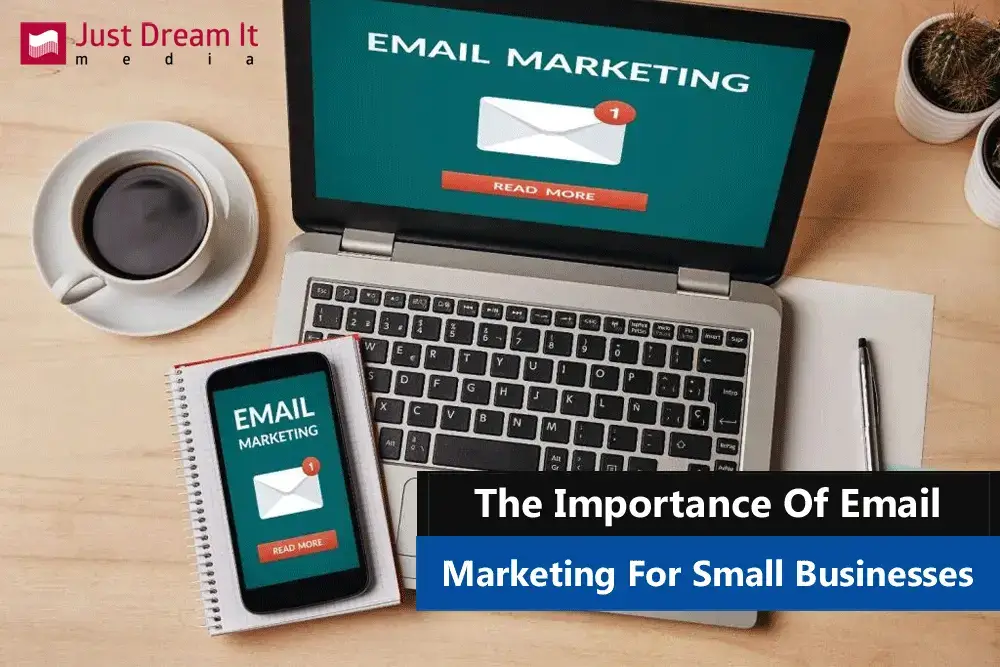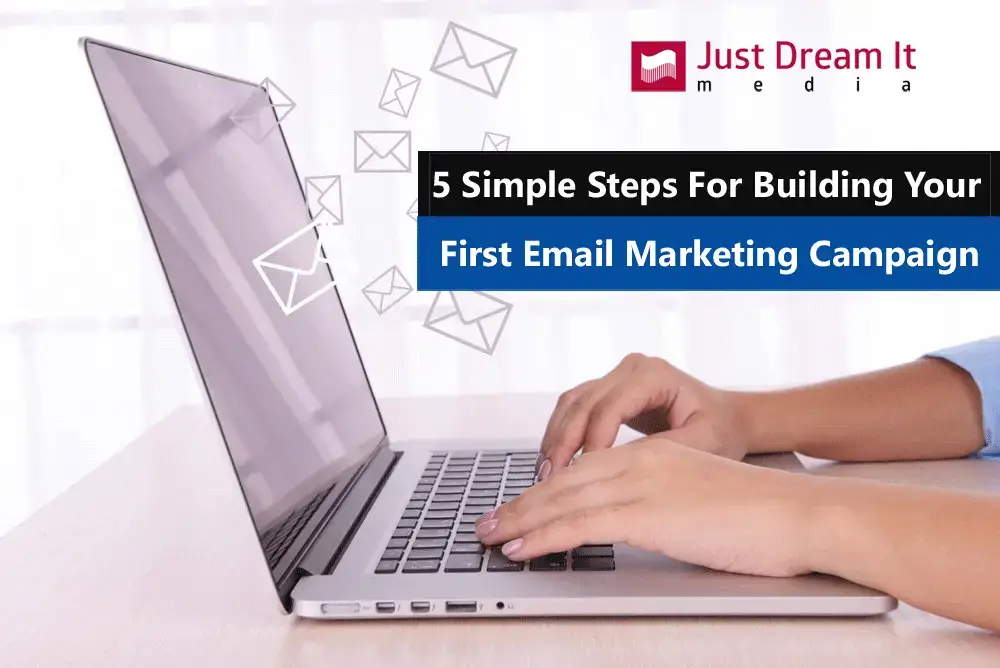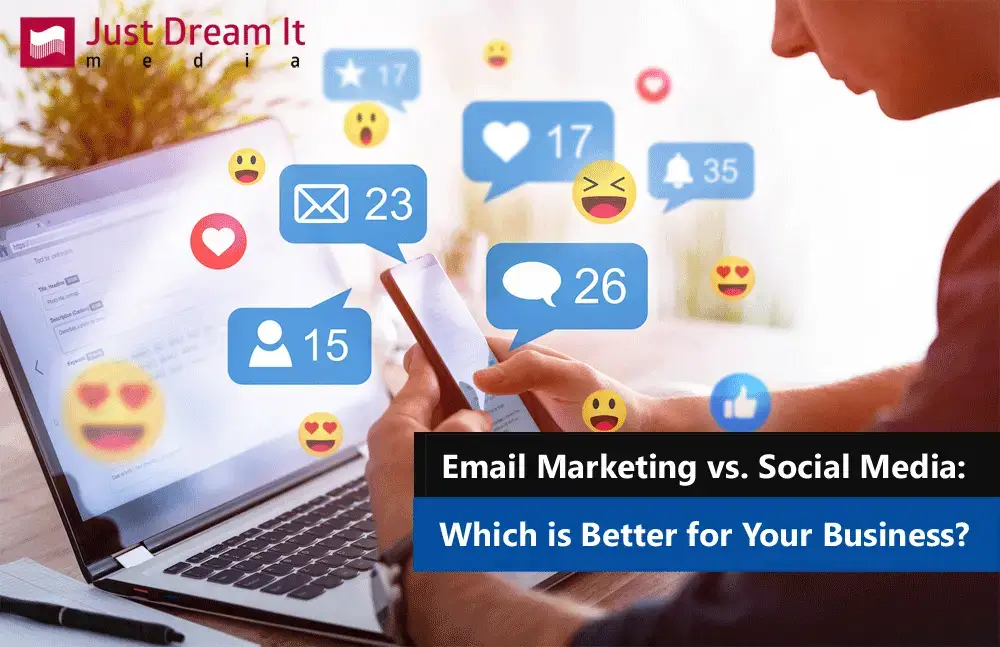Email marketing has been around for quite some time, and it continues to be a powerful tool for businesses of all sizes. For small businesses, email marketing can be an especially effective way to reach and engage with customers. In this article, we will explore the benefits of email marketing for small businesses, as well as strategies for building an email list, creating effective email campaigns, and measuring success. We’ll also discuss legal considerations and the challenges of email marketing for small businesses.
Benefits of Email Marketing for Small Businesses
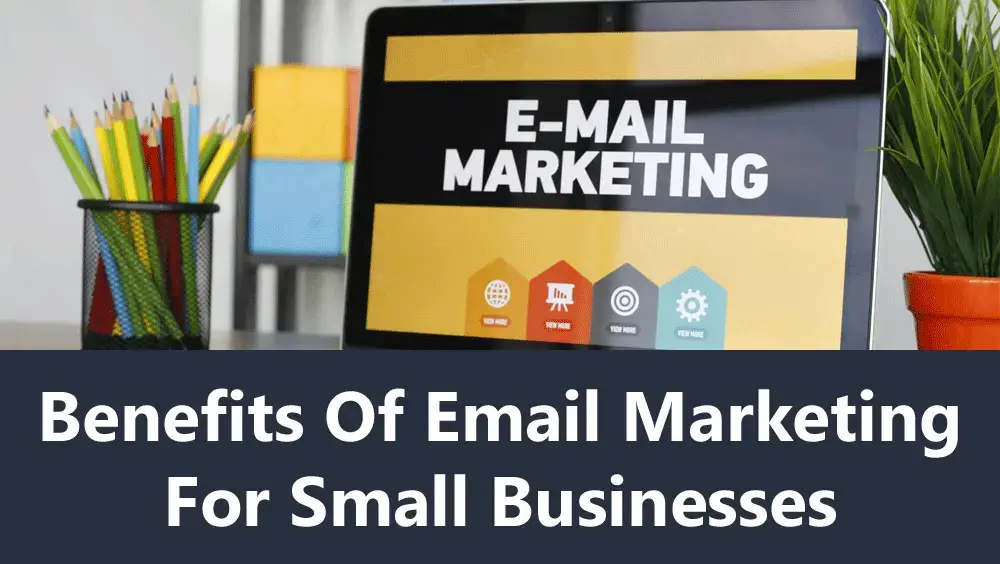
Email marketing is a cost-effective way for small businesses to reach their target audience and drive sales. Here are some of the key benefits of email marketing for small businesses:
Increased Sales
Email marketing can help small businesses increase sales by promoting products or services directly to their target audience. By sending targeted and personalized emails, businesses can encourage customers to make a purchase or take advantage of a special offer.
For example, let’s say a small business that sells organic skincare products sends out an email to their list promoting a new product line. The email includes a discount code that can be used for a limited time. This can entice customers to make a purchase and increase sales for the business.
Cost-Effective Marketing
Compared to other marketing channels, email marketing is relatively inexpensive. Small businesses can use email marketing to promote their products or services without breaking the bank.
For example, instead of running a costly ad campaign, a small business could send out an email to their list promoting a sale or new product. This can help generate sales and create brand awareness without a significant financial investment.
Increased Website Traffic
Email marketing can also drive traffic to a small business’s website. By including links to their website in their emails, businesses can encourage customers to visit their site and learn more about their products or services.
For example, a small business that sells handcrafted jewelry could include a link to their website in their emails. This can drive traffic to their site, which can lead to increased sales and brand awareness.
Increased Customer Retention
Email marketing can help small businesses keep their customers engaged and informed. By sending regular emails, businesses can remind customers about their products or services and keep them up-to-date on new offerings.
For example, a small business that sells pet products could send out a monthly newsletter to their email list. This could include information about new products, tips for pet owners, and special offers. By keeping customers engaged, the business can improve customer retention and increase sales.
Targeted Marketing
Email marketing allows small businesses to target their messages to specific audiences. By segmenting their email list and sending targeted messages, businesses can increase the relevance of their emails and improve engagement.
For example, a small business that sells clothing could segment their email list by gender and send out targeted messages to each segment. This can help improve the effectiveness of their email marketing and increase sales.
Building an Email List
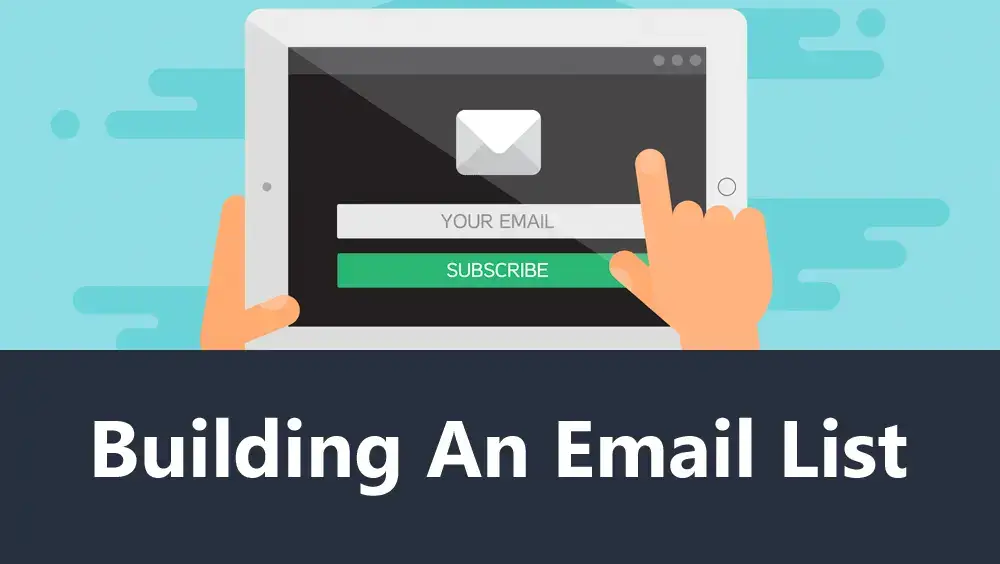
Building an email list is an important part of email marketing. Here are some strategies for building an email list for your small business:
The Importance of Building an Email List
Building an email list is essential for small businesses that want to engage with their target audience and drive sales. An email list is a group of people who have given you permission to send them emails. These people are interested in your products or services and are more likely to engage with your messages.
Strategies for Building an Email List
There are several strategies small businesses can use to build their email list, including:
- Offering a lead magnet: A lead magnet is a valuable piece of content that is offered in exchange for someone’s email address. This could be a free e-book, a discount code, or a free trial of a product or service.
- Running a contest: Contests can be a great way to build your email list. By offering a prize or incentive, you can encourage people to sign up for your email list.
- Collecting emails at events: If you attend trade shows or other events, you can collect email addresses from attendees who are interested in your products or services.
- Using social media: You can use social media to promote your email list and encourage people to sign up. For example, you could post a link to your lead magnet or offer a discount code to those who sign up for your list.
Building Your List Through Website Signups
Your website is a great place to build your email list. Here are some tips for building your list through website signups:
- Use a pop-up or slide-in form: Pop-up or slide-in forms can be an effective way to capture email addresses from website visitors. Make sure your form is eye-catching and offers a clear incentive for signing up.
- Offer a lead magnet: As mentioned earlier, offering a lead magnet is a great way to encourage website visitors to sign up for your email list.
- Place sign-up forms throughout your website: Make sure you have sign-up forms on all of your website’s key pages, including your homepage, product pages, and blog.
Building Your List Through Social Media
Social media can also be a valuable tool for building your email list. Here are some tips for building your list through social media:
- Include a sign-up form on your Facebook page: Facebook allows businesses to add a sign-up form to their page. Make sure you take advantage of this feature.
- Promote your lead magnet on social media: Use social media to promote your lead magnet and encourage people to sign up for your email list.
- Host a social media contest: Hosting a social media contest can be a great way to build your email list. Encourage people to enter the contest by signing up for your email list.
Building Your List Through Offline Events
If you attend trade shows or other events, you can also use these opportunities to build your email list. Here are some tips for building your list through offline events:
- Collect email addresses at your booth: Have a sign-up sheet at your booth where attendees can provide their email address.
- Offer a prize or incentive: Encourage people to sign up for your email list by offering a prize or incentive, such as a free product or service.
- Use a QR code: Include a QR code on your marketing materials that links to your email sign-up form.
Creating Effective Email Campaigns
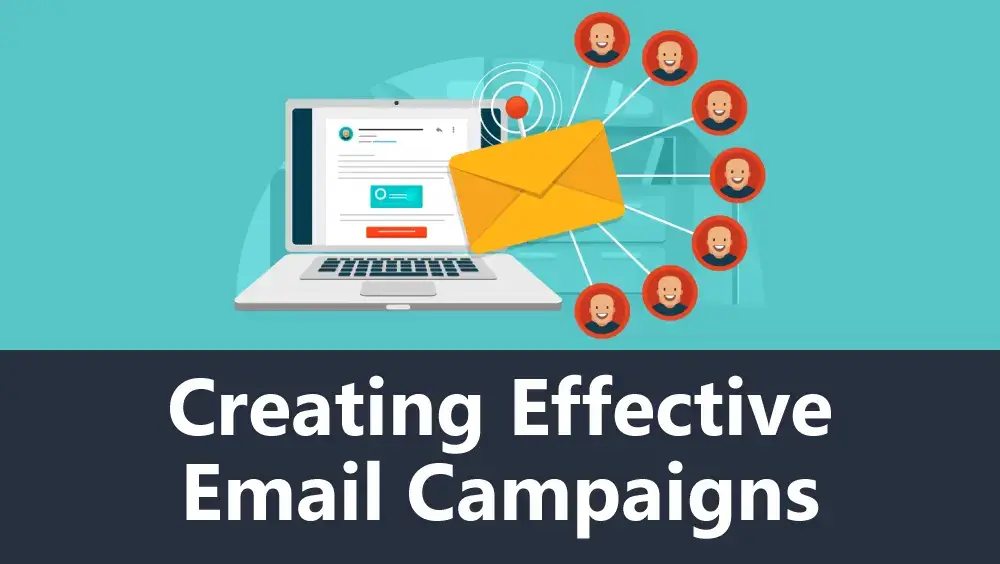
Once you have built your email list, it’s important to create effective email campaigns. Here are some tips for creating effective email campaigns for your small business:
Importance of Creating Effective Email Campaigns
Creating effective email campaigns is essential for engaging with your audience and driving sales. Your emails should be well-designed, targeted, and personalized to be effective.
Types of Email Campaigns
There are several types of email campaigns you can send to your email list, including:
- Newsletters: Newsletters are a great way to keep your audience up-to-date on your business and products or services.
- Promotional emails: Promotional emails are designed to promote a specific product or service.
- Welcome emails: Welcome emails are sent to new subscribers to introduce them to your business and encourage engagement.
- Abandoned cart emails: Abandoned cart emails are sent to customers who have left items in their shopping cart without making a purchase.
Email Design Tips and Best Practices
Your email design plays a key role in the success of your email campaigns. Here are some email design tips and best practices:
- Use a clear and concise subject line: Your subject line should be clear and concise, and should accurately reflect the content of your email.
- Use a mobile-responsive design: Many people check their email on their mobile devices, so make sure your email design is mobile-responsive.
- Include a clear call-to-action: Make sure your email includes a clear call-to-action (CTA) that encourages the recipient to take action, such as making a purchase or visiting your website.
- Use images strategically: Use high-quality images that are relevant to your message, but be careful not to use too many images, as this can slow down load times.
Writing Effective Subject Lines
Your subject line is one of the most important elements of your email campaign. Here are some tips for writing effective subject lines:
- Keep it short and sweet: Your subject line should be short and to the point.
- Use a personal touch: Using the recipient’s name or personalizing your subject line can help increase open rates.
- Create a sense of urgency: Including a deadline or limited-time offer can create a sense of urgency and encourage recipients to open your email.
Personalizing Your Email Content
Personalizing your email content can help improve engagement and increase sales. Here are some tips for personalizing your email content:
- Use the recipient’s name: Using the recipient’s name in the greeting can help create a personal connection.
- Segment your list: Segmenting your email list allows you to send targeted messages to specific groups of people.
- Use dynamic content: Dynamic content allows you to personalize your email content based on the recipient’s interests or behavior.
Measuring Email Marketing Success
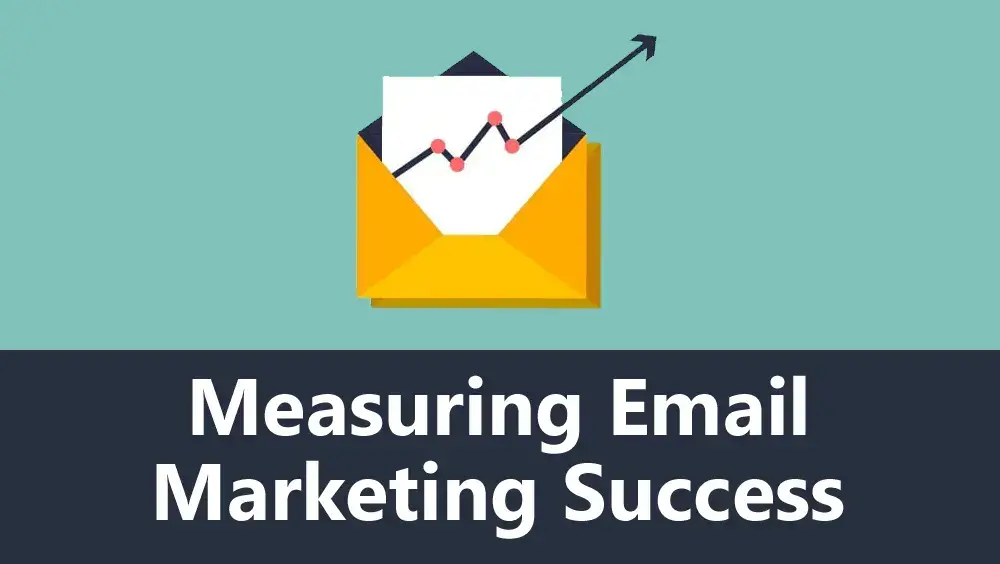
Measuring the success of your email marketing efforts is essential for improving your campaigns over time. Here are some key metrics to measure:
- Open rate: The open rate measures the percentage of recipients who opened your email.
- Click-through rate: The click-through rate measures the percentage of recipients who clicked on a link in your email.
- Conversion rate: The conversion rate measures the percentage of recipients who completed a desired action, such as making a purchase.
- Unsubscribe rate: The unsubscribe rate measures the percentage of recipients who unsubscribed from your email list.
Using Analytics to Improve Your Email Marketing
Using analytics can help you improve your email marketing efforts over time. Here are some tips for using analytics:
- Track your metrics: Make sure you are tracking your key metrics and analyzing your results.
- A/B test your emails: A/B testing involves sending two different versions of an email to a small portion of your list to see which version performs better.
- Use your results to improve future campaigns: Use the insights gained from your analytics to improve future email campaigns.
Integrating Email Marketing with Other Marketing Strategies
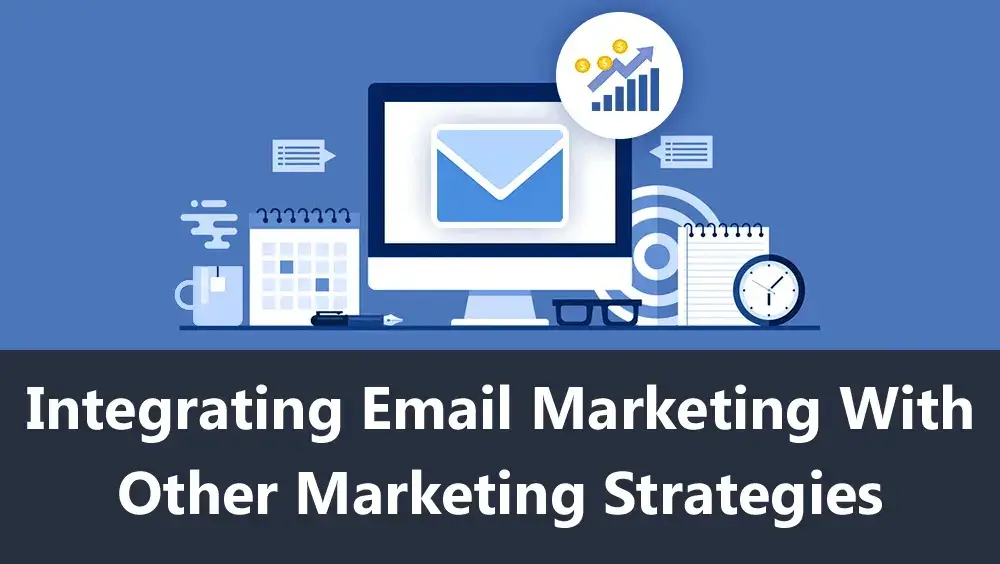
Integrating email marketing with other marketing strategies can help improve the effectiveness of your overall marketing efforts. Here are some tips for integrating email marketing with other strategies:
Importance of Integrating Email Marketing with Other Strategies
Integrating email marketing with other marketing strategies can help create a cohesive and consistent brand experience for your customers.
Examples of Integrated Marketing
Some examples of integrated marketing include:
- Including links to your social media profiles in your emails
- Promoting your email list on your social media profiles
- Including links to your blog in your emails
Tips for Integrating Email Marketing with Social Media and Content Marketing
Here are some tips for integrating email marketing with social media and content marketing:
- Use social media to promote your email list and encourage sign-ups
- Include links to your blog posts or other content in your emails
- Use your email list to promote your social media profiles and encourage engagement
Email Marketing Tools for Small Businesses
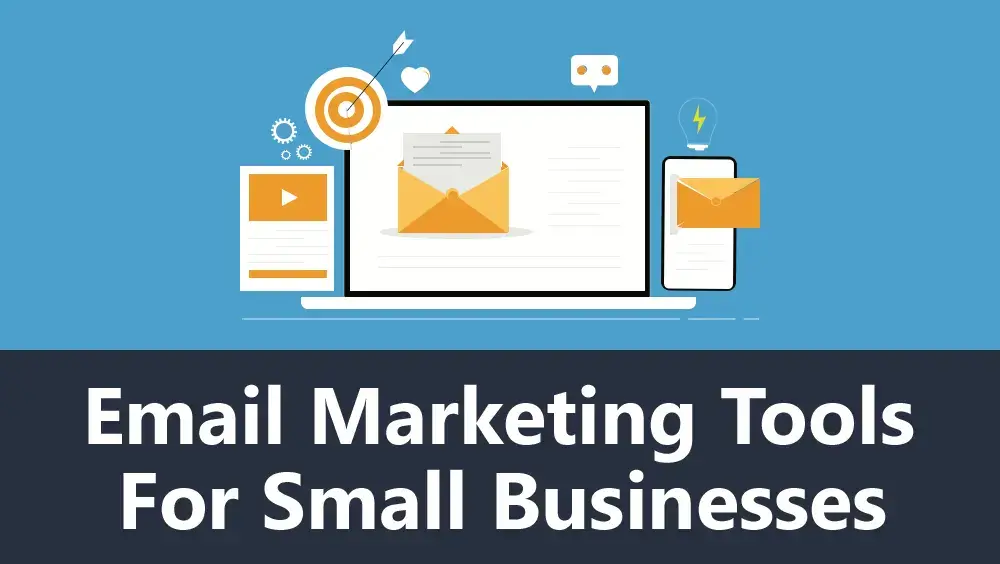
There are several email marketing tools available for small businesses. Here are some criteria to consider when selecting an email marketing tool:
- Ease of use
- Customization options
- Automation capabilities
- Analytics and reporting
Examples of Email Marketing Tools for Small Businesses
Here are some examples of email marketing tools for small businesses:
- Mailchimp: Mailchimp is a popular email marketing tool that offers a user-friendly interface, customizable templates, and automation capabilities.
- Constant Contact: Constant Contact is another popular email marketing tool that offers easy-to-use templates and automation features.
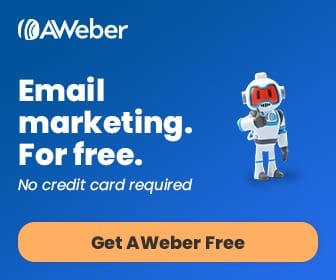
- AWeber: AWeber is a comprehensive email marketing tool that offers a variety of features, including automation, analytics, and split testing.
- ConvertKit: ConvertKit is a popular email marketing tool for bloggers and content creators. It offers a variety of automation and customization features.
Legal Considerations for Email Marketing
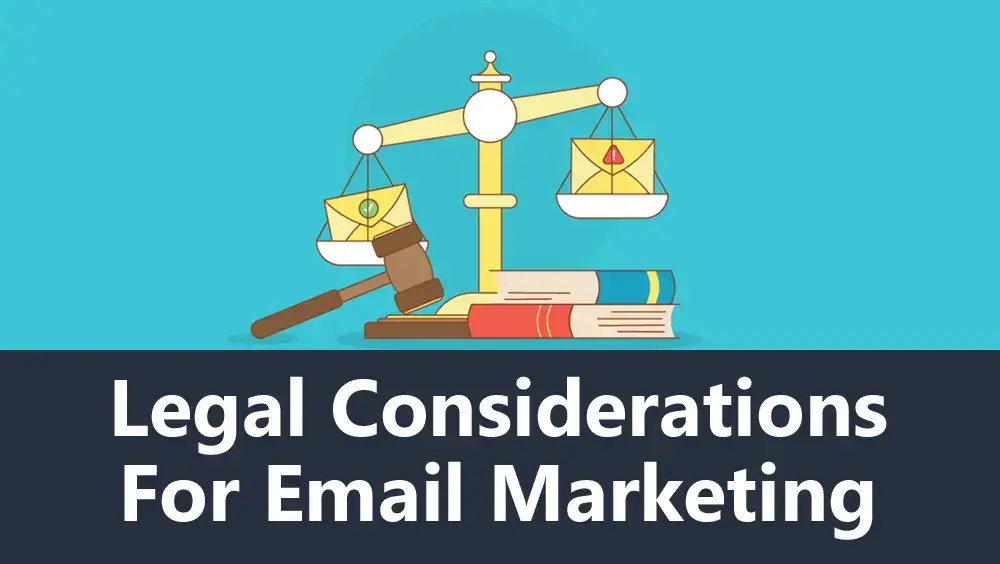
There are several legal considerations that small businesses should be aware of when it comes to email marketing. Here are some key considerations:
CAN-SPAM Act Compliance
The CAN-SPAM Act is a law that sets the rules for commercial email, establishes requirements for commercial messages, and gives recipients the right to have emails stopped from being sent to them. Here are some key requirements of the CAN-SPAM Act:
- Include a clear and conspicuous unsubscribe link in your emails.
- Include your physical mailing address in your emails.
- Use accurate and honest subject lines that reflect the content of your email.
- Honor unsubscribe requests promptly.
GDPR Compliance
The General Data Protection Regulation (GDPR) is a law that regulates data protection and privacy for all individuals within the European Union (EU). Here are some key requirements of GDPR:
- Obtain explicit consent from individuals before collecting their data.
- Provide individuals with access to their data and the ability to correct or delete it.
- Notify individuals of any data breaches that may affect their data.
Challenges of Email Marketing for Small Businesses
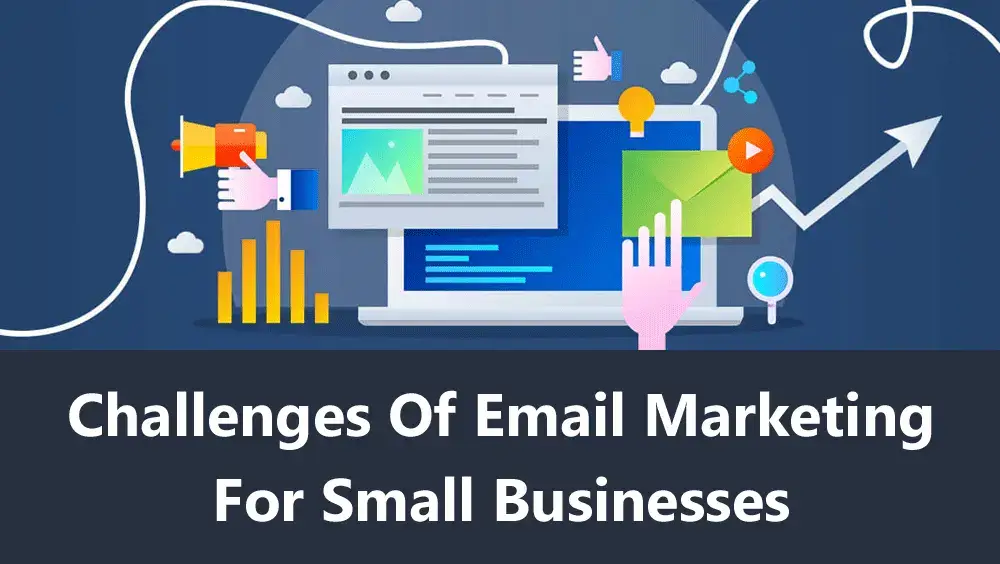
While email marketing can be a powerful tool for small businesses, it also presents some challenges. Here are some common challenges of email marketing for small businesses:
- Building an email list: Building an email list can be a challenge for small businesses, especially if they are just starting out.
- Creating engaging content: Creating engaging and personalized content can be time-consuming and challenging.
- Deliverability: Deliverability can be a challenge, as emails can end up in spam folders or be blocked by email providers.
Email marketing is a powerful tool for small businesses that want to reach and engage with their target audience. By building an email list, creating effective email campaigns, and measuring success, small businesses can use email marketing to drive sales and increase customer engagement. However, it’s important to be aware of legal considerations and the challenges that email marketing can present. By following best practices and using the right tools and strategies, small businesses can make the most of their email marketing efforts.

Email marketing is a powerful tool for small businesses that want to reach and engage with their target audience.
This article covers the following main points:
1. Introduction: The article starts with an overview of the importance of email marketing for small businesses and why it is a cost-effective way to reach and engage with their target audience.
2. Building Your Email List: Building an email list is the first step in email marketing. This section covers several ways to build your email list, such as using a lead magnet, running a contest, collecting emails at events, and using social media.
3. Creating Effective Email Campaigns: Once you have built your email list, it’s important to create effective email campaigns. This section covers the types of email campaigns you can send, such as newsletters, promotional emails, welcome emails, and abandoned cart emails. It also covers email design tips and best practices, writing effective subject lines, and personalizing your email content.
4. Measuring Email Marketing Success: Measuring the success of your email marketing efforts is essential for improving your campaigns over time. This section covers key metrics to measure, such as open rate, click-through rate, conversion rate, and unsubscribe rate. It also covers using analytics to improve your email marketing and A/B testing your emails.
5. Integrating Email Marketing with Other Marketing Strategies: Integrating email marketing with other marketing strategies can help improve the effectiveness of your overall marketing efforts. This section covers examples of integrated marketing, such as including links to your social media profiles in your emails and promoting your email list on your social media profiles. It also covers tips for integrating email marketing with social media and content marketing.
6. Email Marketing Tools for Small Businesses: There are several email marketing tools available for small businesses. This section covers some examples of email marketing tools for small businesses, such as Mailchimp, Constant Contact, AWeber, and ConvertKit. It also covers criteria to consider when selecting an email marketing tool, such as ease of use, customization options, automation capabilities, and analytics and reporting.
7. Legal Considerations for Email Marketing: There are several legal considerations that small businesses should be aware of when it comes to email marketing. This section covers key considerations such as CAN-SPAM Act compliance and GDPR compliance.
8. Challenges of Email Marketing for Small Businesses: While email marketing can be a powerful tool for small businesses, it also presents some challenges. This section covers common challenges of email marketing for small businesses, such as building an email list, creating engaging content, and deliverability.
9. Conclusion: The article concludes by summarizing the importance of email marketing for small businesses and the key points covered in the article.
10. FAQs: The article ends with a list of frequently asked questions about email marketing, such as what email marketing is, why it is important for small businesses, and what are some examples of email marketing tools for small businesses.

Action Plan: The Importance of Email Marketing for Small Businesses
1. Build Your Email List: Use a lead magnet, run a contest, collect emails at events, and use social media to build your email list.
2. Create Effective Email Campaigns: Send newsletters, promotional emails, welcome emails, and abandoned cart emails. Use email design tips and best practices, write effective subject lines, and personalize your email content.
3. Measure Email Marketing Success: Measure your key metrics such as open rate, click-through rate, conversion rate, and unsubscribe rate. Use analytics to improve your email marketing and A/B test your emails.
4. Integrate Email Marketing with Other Marketing Strategies: Include links to your social media profiles in your emails, promote your email list on your social media profiles, and include links to your blog in your emails.
5. Choose an Email Marketing Tool: Consider ease of use, customization options, automation capabilities, and analytics and reporting when selecting an email marketing tool. Examples include Mailchimp, Constant Contact, AWeber, and ConvertKit.
6. Be Aware of Legal Considerations: Ensure compliance with CAN-SPAM Act and GDPR regulations.
7. Overcome Challenges: Overcome challenges such as building an email list, creating engaging content, and deliverability by using effective strategies and best practices.
8. Continuously Improve: Continuously improve your email marketing efforts by analyzing your results, A/B testing your emails, and using the insights gained from your analytics to improve future email campaigns.
By following this action plan, small businesses can effectively use email marketing to reach and engage with their target audience, increase sales, and drive website traffic.

10 Frequently Asked Questions (FAQs) About Email Marketing for Small Businesses
1. What is email marketing, and why is it important for small businesses?
Email marketing is the practice of sending marketing messages to a group of people via email. It is important for small businesses because it is a cost-effective way to reach and engage with their target audience, increase sales, and drive website traffic.
2. What is a lead magnet?
A lead magnet is a valuable piece of content that is offered in exchange for someone’s email address. Examples include e-books, white papers, and webinars.
3. How can I build my email list?
You can build your email list by using a lead magnet, running a contest, collecting emails at events, and using social media.
4. What types of email campaigns should I send?
You should send a variety of email campaigns, such as newsletters, promotional emails, welcome emails, and abandoned cart emails.
5. How can I improve my email open rates?
You can improve your email open rates by writing effective subject lines, personalizing your email content, and using a clear and recognizable “From” name.
6. How can I measure the success of my email marketing efforts?
You can measure the success of your email marketing efforts by tracking metrics such as open rate, click-through rate, conversion rate, and unsubscribe rate.
7. What are some examples of email marketing tools for small businesses?
Examples of email marketing tools for small businesses include Mailchimp, Constant Contact, AWeber, and ConvertKit.
8. How can I integrate email marketing with other marketing strategies?
You can integrate email marketing with other marketing strategies by including links to your social media profiles in your emails, promoting your email list on your social media profiles, and including links to your blog in your emails.
9. How can I ensure compliance with legal regulations for email marketing?
You can ensure compliance with legal regulations such as the CAN-SPAM Act and GDPR by including a clear and conspicuous unsubscribe link in your emails, including your physical mailing address in your emails, using accurate and honest subject lines, and honoring unsubscribe requests promptly.
10. What are some common challenges of email marketing for small businesses?
Common challenges of email marketing for small businesses include building an email list, creating engaging content, and deliverability. However, these challenges can be overcome by using effective strategies and best practices.
Conclusion
Summary and Conclusion: The Importance of Email Marketing for Small Businesses
Email marketing is a cost-effective way for small businesses to reach and engage with their target audience, increase sales, and drive website traffic. To be successful in email marketing, small businesses need to build their email list, create effective email campaigns, measure their success, integrate email marketing with other marketing strategies, choose the right email marketing tools, be aware of legal considerations, and overcome common challenges.
By using effective strategies and best practices, such as offering lead magnets, personalizing email content, and tracking key metrics, small businesses can make the most of their email marketing efforts. Email marketing tools such as Mailchimp, Constant Contact, AWeber, and ConvertKit can help automate and streamline the email marketing process. It’s also important to ensure compliance with legal regulations such as the CAN-SPAM Act and GDPR.
In conclusion, email marketing is a powerful tool for small businesses that want to increase sales, engage with their target audience, and drive website traffic. By following best practices, using the right tools and strategies, and continuously improving their email marketing efforts, small businesses can make the most of this effective marketing channel.

